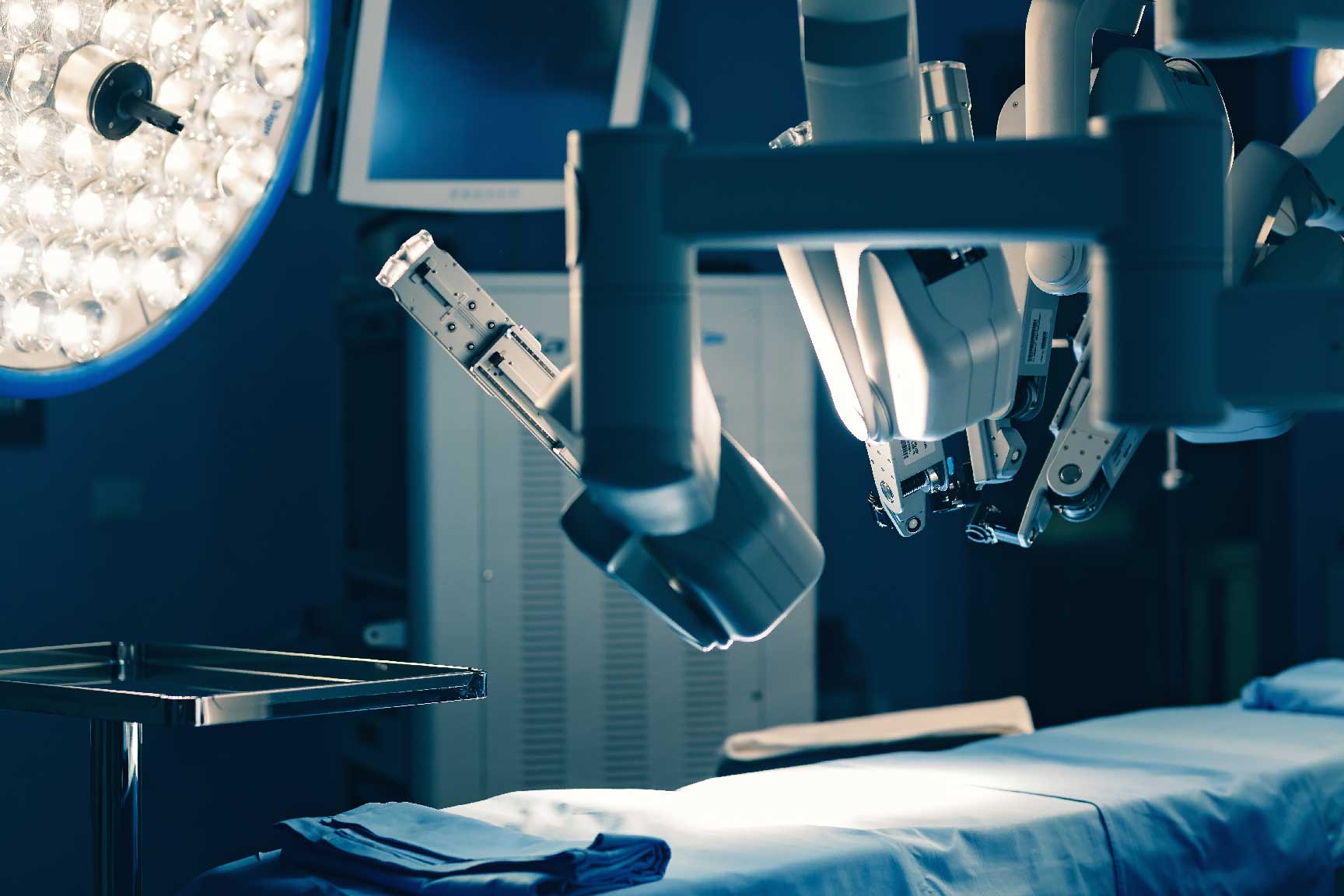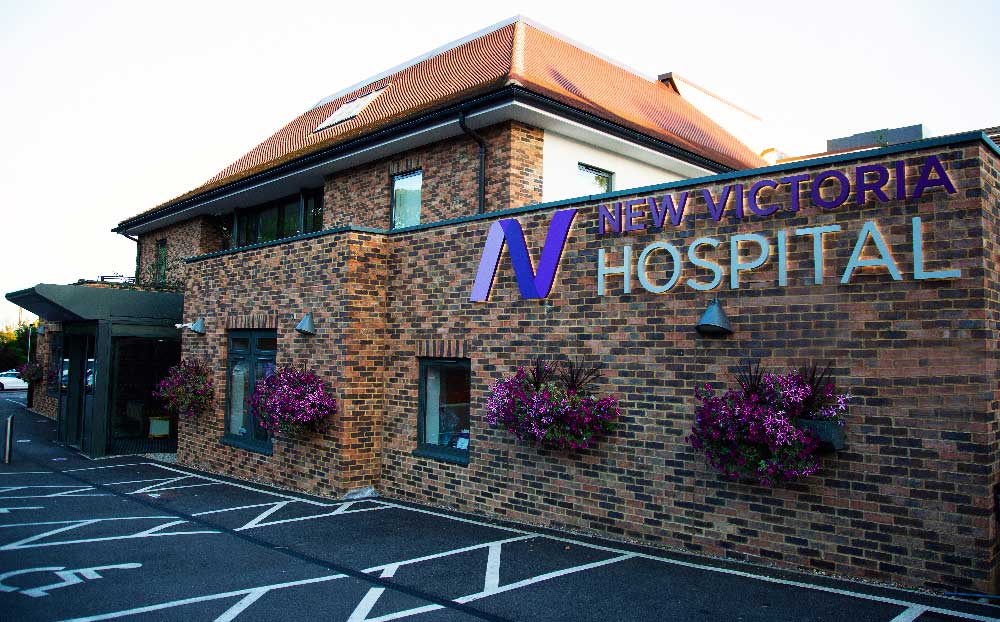Colorectal surgery is a medical/surgical speciality that deals with the diagnosis and treatment problems along the gastrointestinal tract, in the rectum, anus or colon. Colorectal surgery may also be necessary following injury or ischemia which refers to restricted or limited blood flow in an area of the body.
Our highly experienced Colorectal consultants will provide you with their clinical expertise in diagnosing and treating conditions such as haemorrhoids, piles, inflammatory bowel disease (IBD), irritable bowel syndrome (IBS), colon and rectal cancer, anal bleeding and persistent diarrhoea. With access to a world-class facility and diagnostic imaging, the Colorectal team offers a fully comprehensive service.
Consultants and Clinic Times



Mr Michael Jarrett
MA, BM ChB, DM, FRCS
Specialities
General Surgery, Colorectal Surgery













